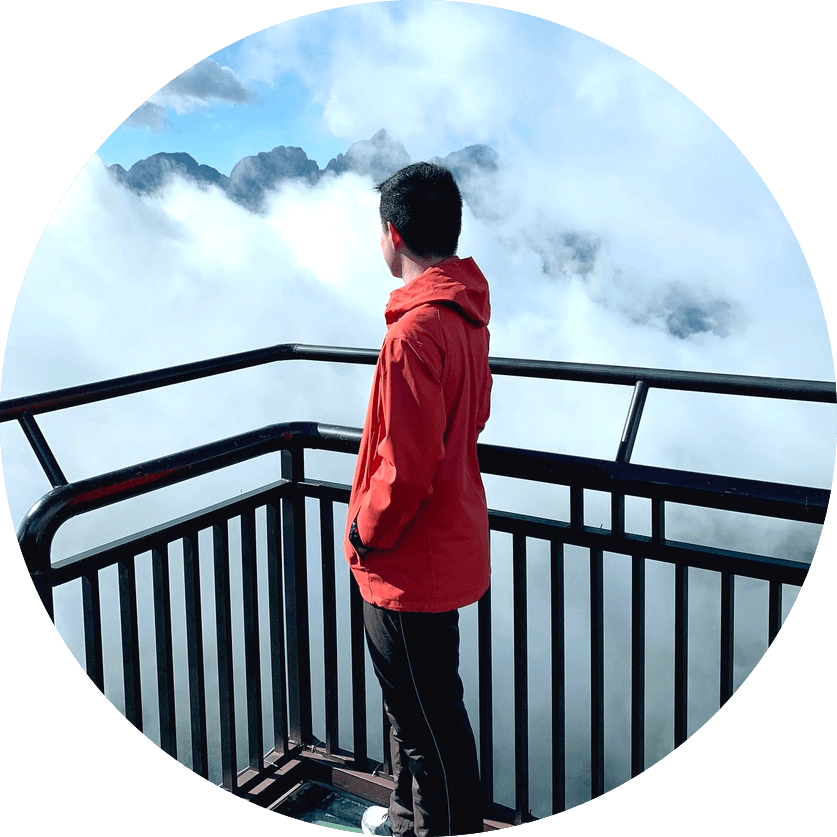A 3-Month Overseas Internship Journey: NOC Vietnam, Hanoi
One of my main motivations for choosing to join the National University of Singapore (NUS) was the opportunity to participate in the NUS Overseas College (NOC) programme. Having had a good experience about work-study programmes after the yearlong GovTech Intership programme, it was a no-brainer to make use of my university time to embrace experiential learning and gain practical experiences through working on real-world projects.
Why an Overseas Startup Internship?
When weighing my options, compared to working at unknown startups, the prospect of interning at established MNCs in Singapore, with their attractive salaries and structured environments, was certainly tempting. But something about venturing overseas felt more compelling. I was looking at not just professional growth but also an unknown adventure that would challenge and transform me.
Living and working in an unfamiliar country introduces an element of unpredictability — a spark for growth that can’t be replicated in a local setting. In today’s globalized world, soft skills such as adaptability, international experience, and cross-cultural communication are invaluable. These skills allow us to navigate diverse environments and foster connections across cultures, which, in my opinion, is essential for personal and professional development.
From an entrepreneurial standpoint, working overseas pushed me to think beyond conventional solutions, adapting approaches to meet the unique needs of a different environment. Whether it was customizing a product to suit regional demands or rethinking strategies to align with the local market, these experiences equipped me with a problem-solving toolkit that I believe will be beneficial in the future.
My Time in Vietnam
This was the 3-month South East Asia (SEA) programme from May to August that I applied in Year 1, and Vietnam was my first choice amongst the other SEA countries. I had prior experience traveling to Vietnam and enjoyed its rich history, and vibrant streets. Reading the reports about Vietnam's growth in the region, I believed that it was the perfect time to spend some time in Vietnam to learn its societal norms, traditions, and ways of thinking.
I was a software engineering intern with a focus on exploring how Large Language Models (LLMs) could be harnessed for the banking/finance regulatory and compliance field. With the rapid pace at which new models and LLMs-related tools are being developed, I realized early on that the detailed proofs-of-concept (POCs) I worked on would likely become outdated within months.
Instead, the true value of my internship lay in the foundational knowledge I gained. I developed a deep understanding of the use cases for LLMs in the finance and compliance industry, explored the intricacies of the business domain, and honed my technical expertise in developing LLM apps. I delved into fundamental concepts such as Retrieval-Augmented Generation (RAG) and Agentic frameworks, while also learning the critical components necessary to build a production-ready LLM application (Text Splitting/Chunking, Embeddings, Indexing, VectorDBs, Guardrails, Retrievers, Evaluations, Responses Synthesis, Query/Response Caching, etc.).
These experiences not only enriched my technical skills but also gave me valuable insights into the intersection of AI and compliance, an area poised for transformative innovation.
